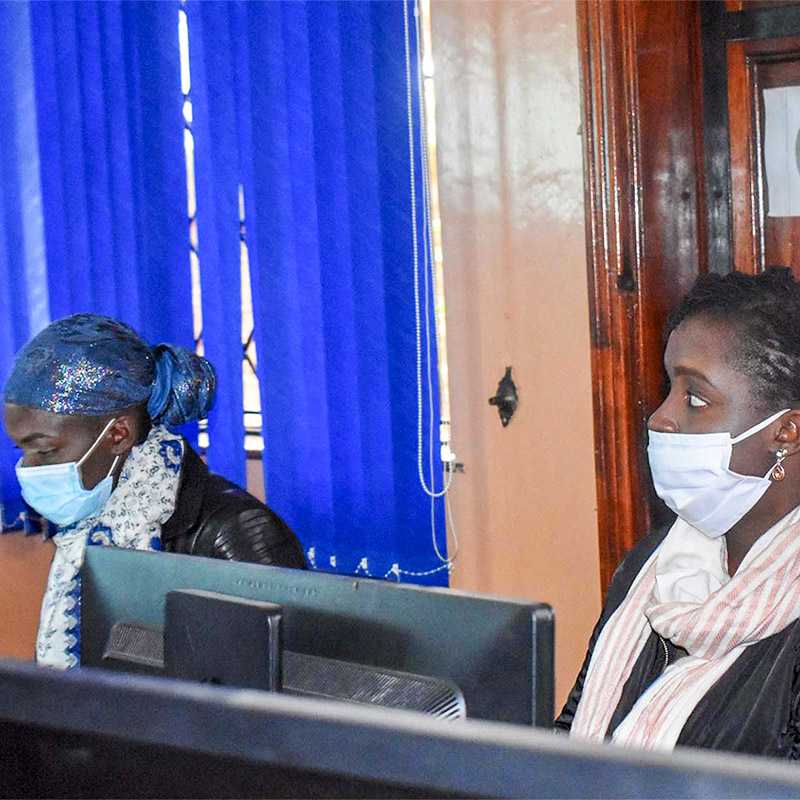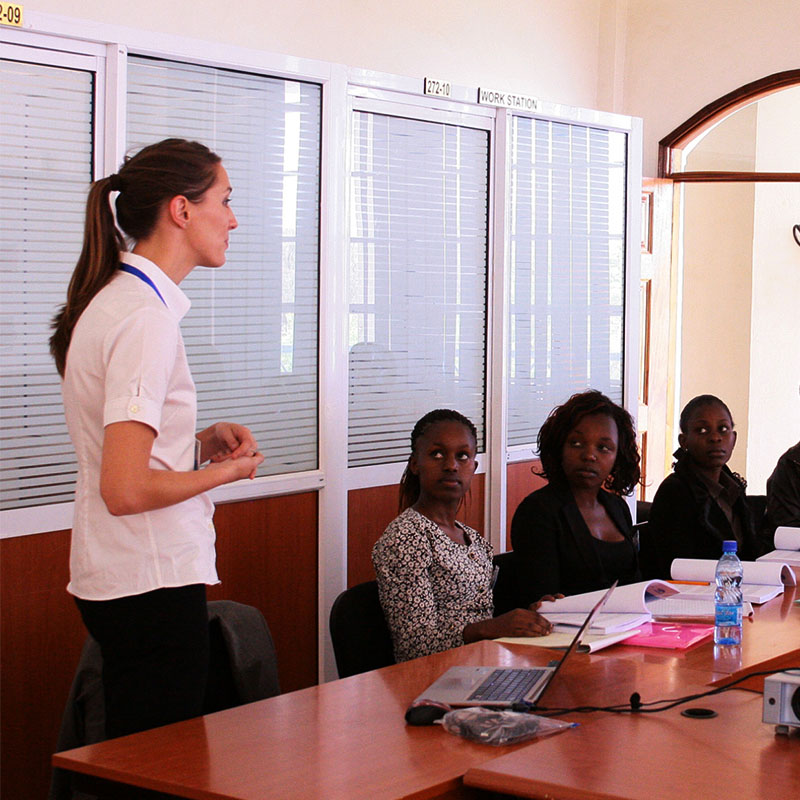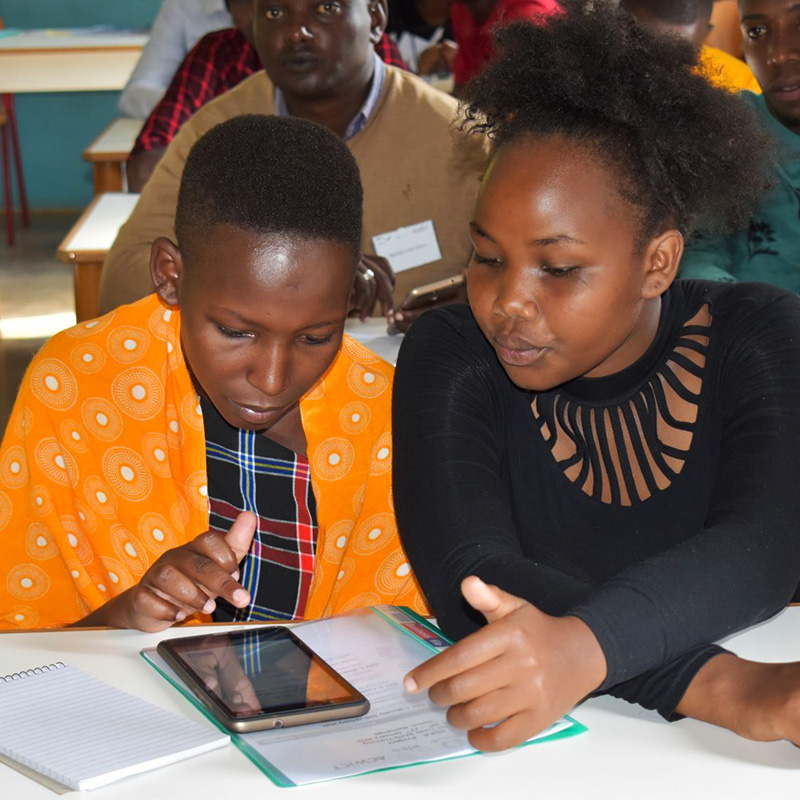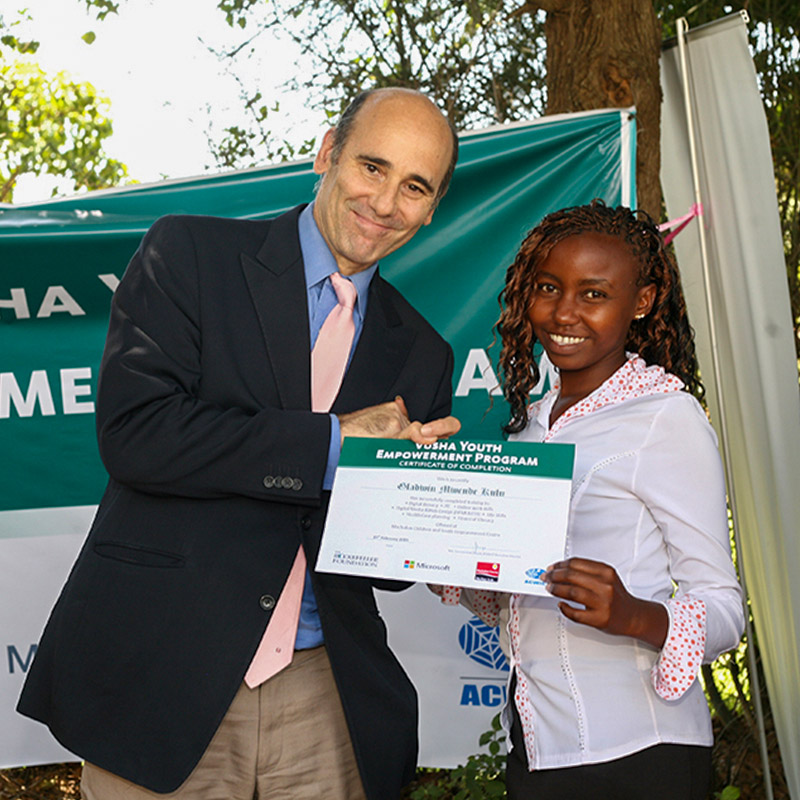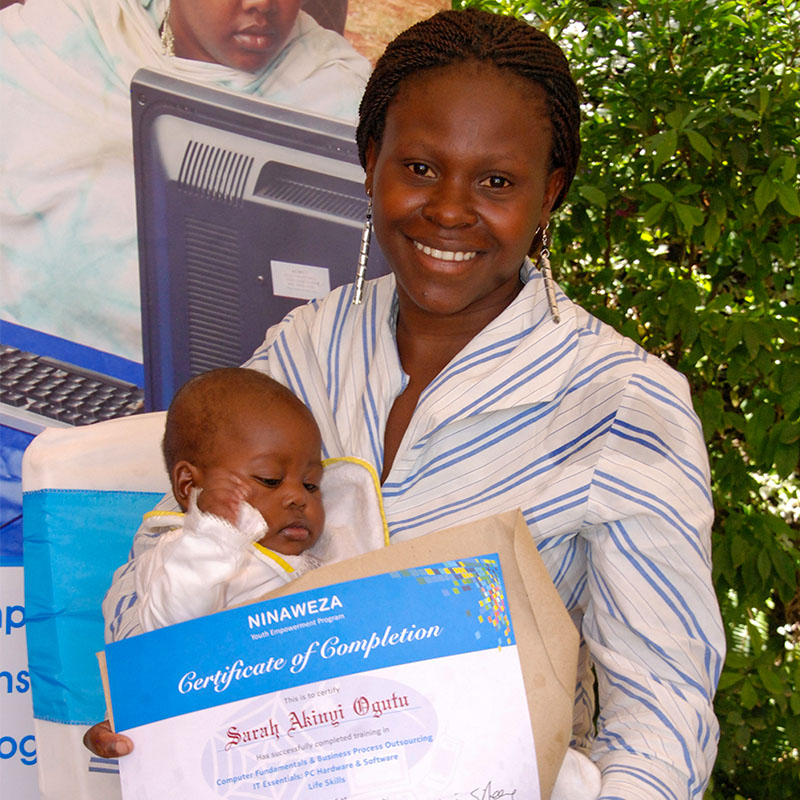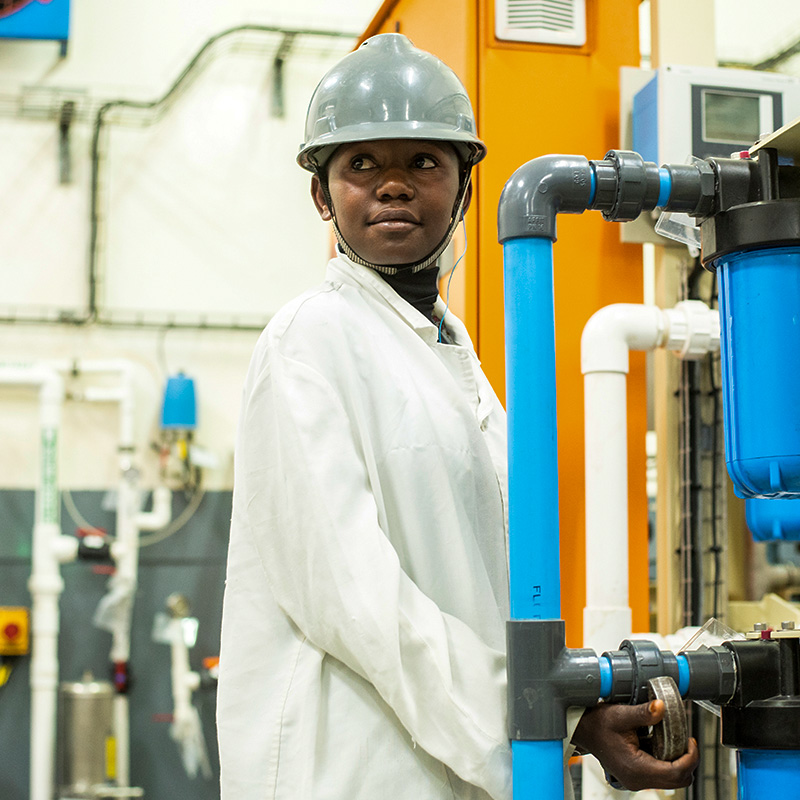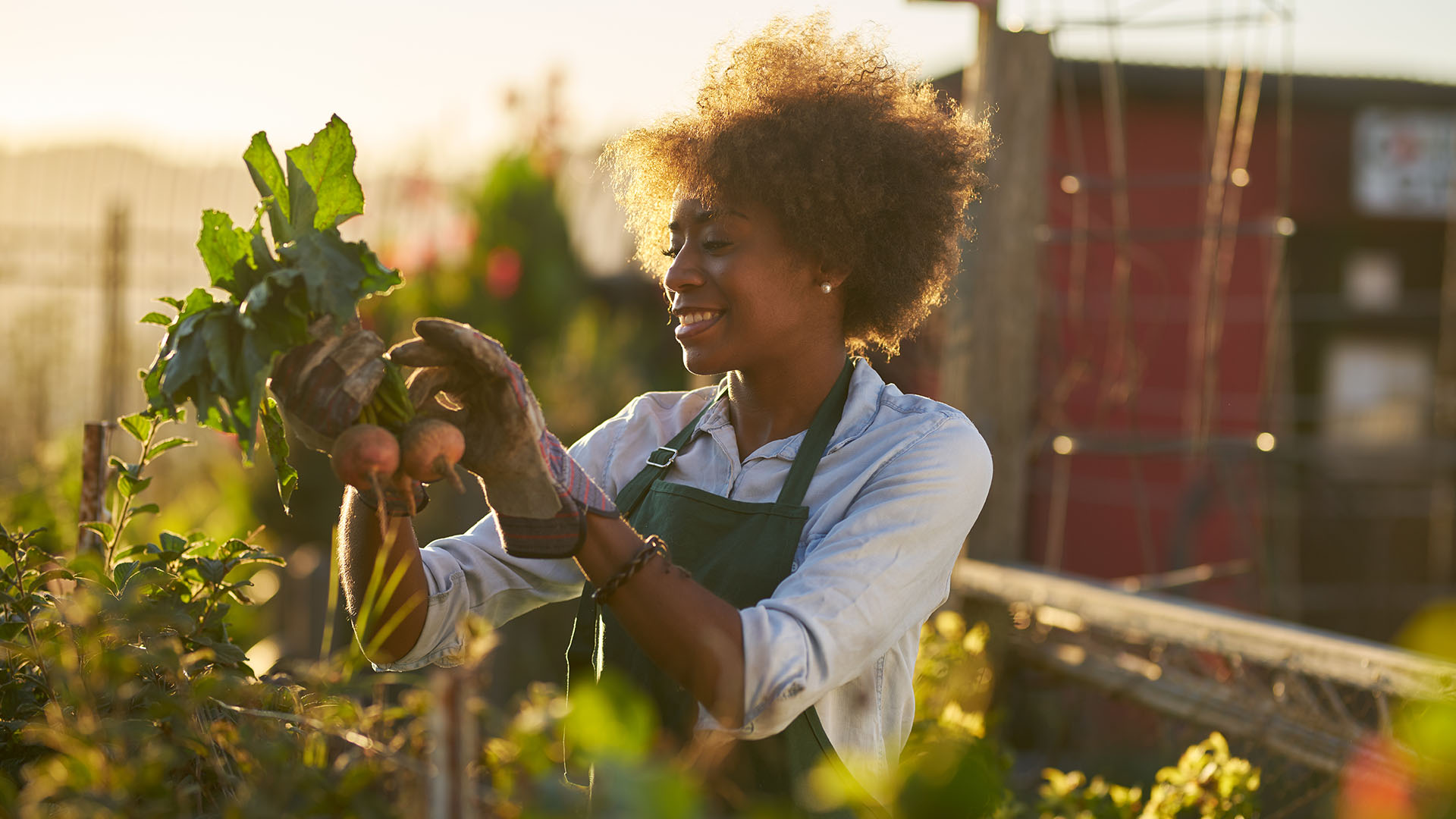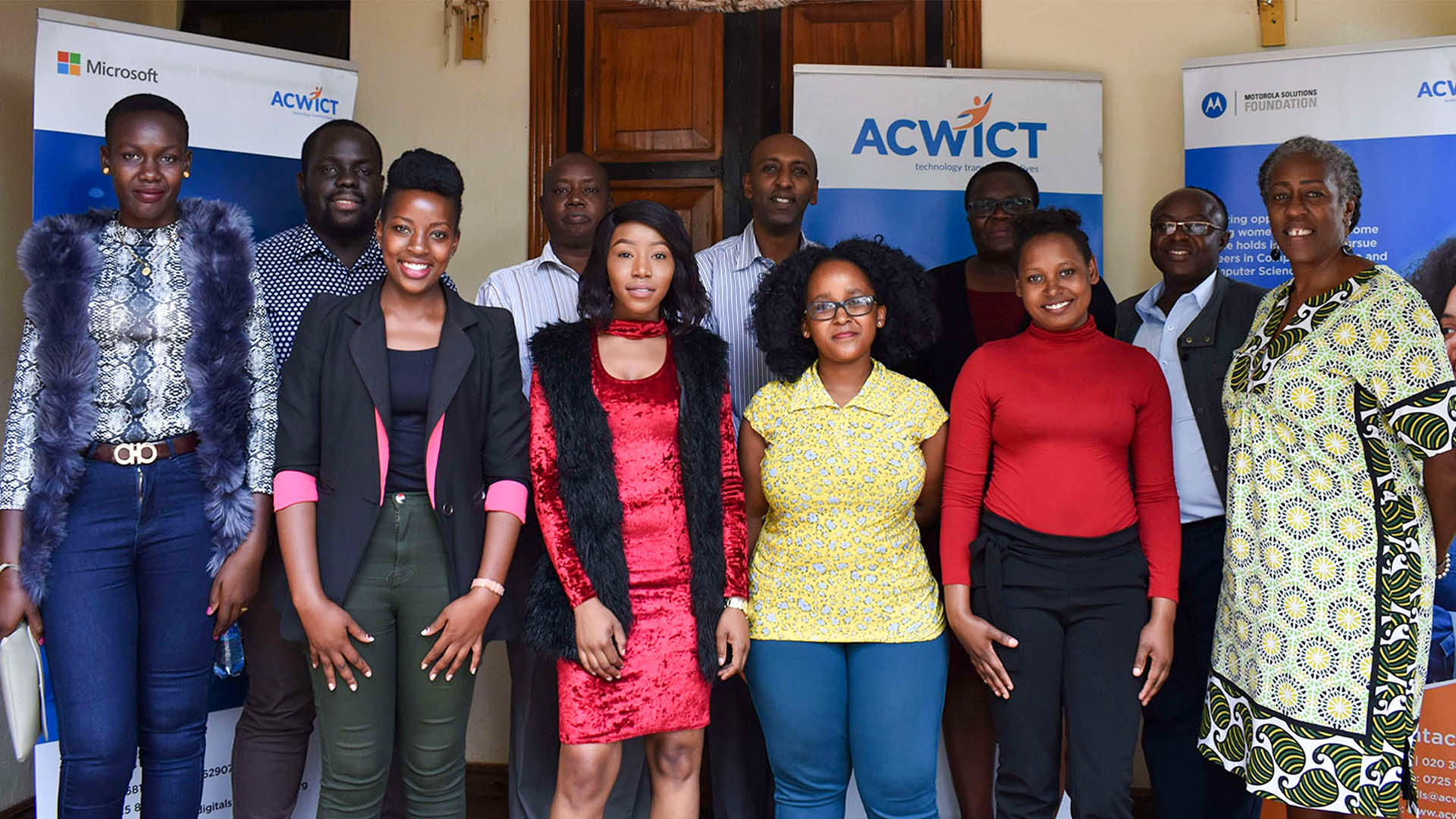
opportunities for women & youth

Employability
Exposing young women and youth to employment and entrepreneurioung women
Education
Addressing the gender disparities that influence the quality of education women receive.
Trade
Increasing the participation of women entrepreneurs and producers in cross-border trade in East Africa
Health
Reducing HIV Infection among Adolescent Girls and Young Women in Kenya
Software Development
Providing a platform for developers to gain coding/programming skills and links to emerging opportunities
Agriculture
Utilizing technology as a tool to create agricultural market efficiencies in Eastern Africa
Research
study of materials and sources in order to establish facts and reach new conclusions
A world where equality is normal
Our vision is a world where all people, women and men have equal opportunities to access and use information/knowledge for their social, economic and political advancement
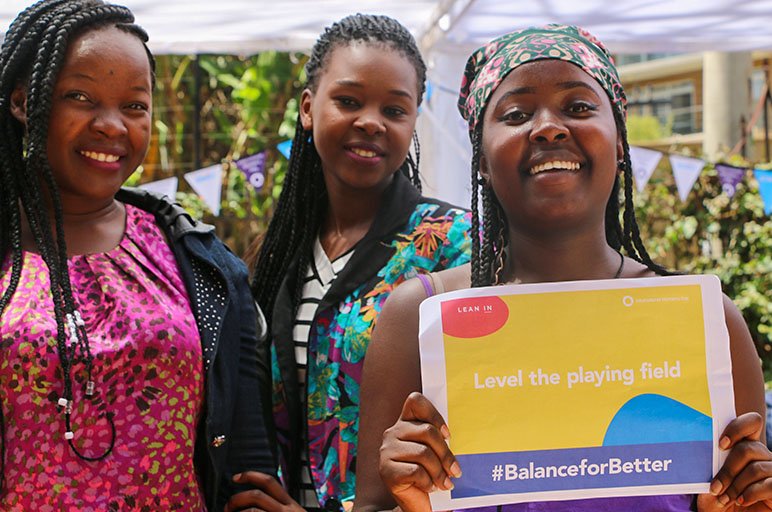
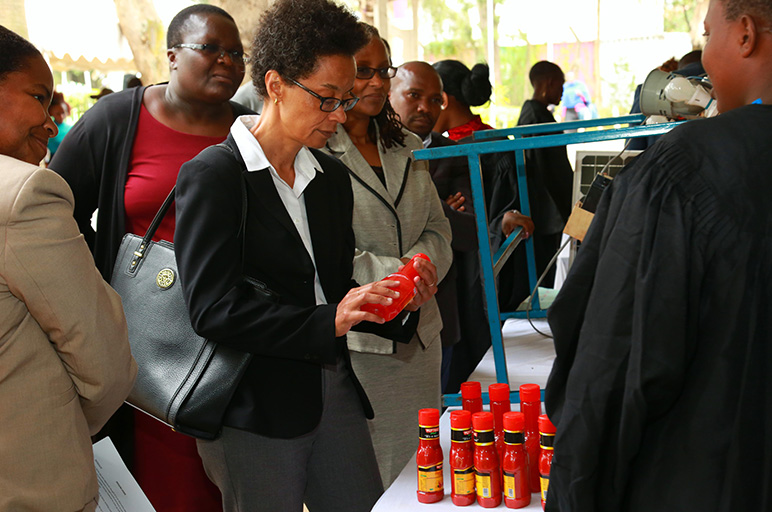

Proud projects that make us stand out.
Latest Reports, Publications, News and Updates from our world
CABI and ACWICT partner to enhance digital agricultural resource use by women and young farmers in Kenya
ACWICT and CABI have signed an MOU enabling both organizations to jointly work towards enhancing access & use of digital resources by women & young farmers.
Applications for the EMSI program is now open
The Kenya Emerging Markets Initiative looks to empower our youth by addressing the challenges faced when trying to transition to the Digital ecosystem.
Covid19 and Digital Employability Program
Equipping 1,000 unemployed/underemployed young women aged 18-34 years from informal settlements and rural Kenya, including those who lost their jobs/business opportunities as a res
Mastercard Foundation Visits ACWICT
We hosted the Mastercard Foundation’s Region Director, East and Southern Africa and Kenya Country Head and the Country Programs Lead and Program Lead, Education and Skills

